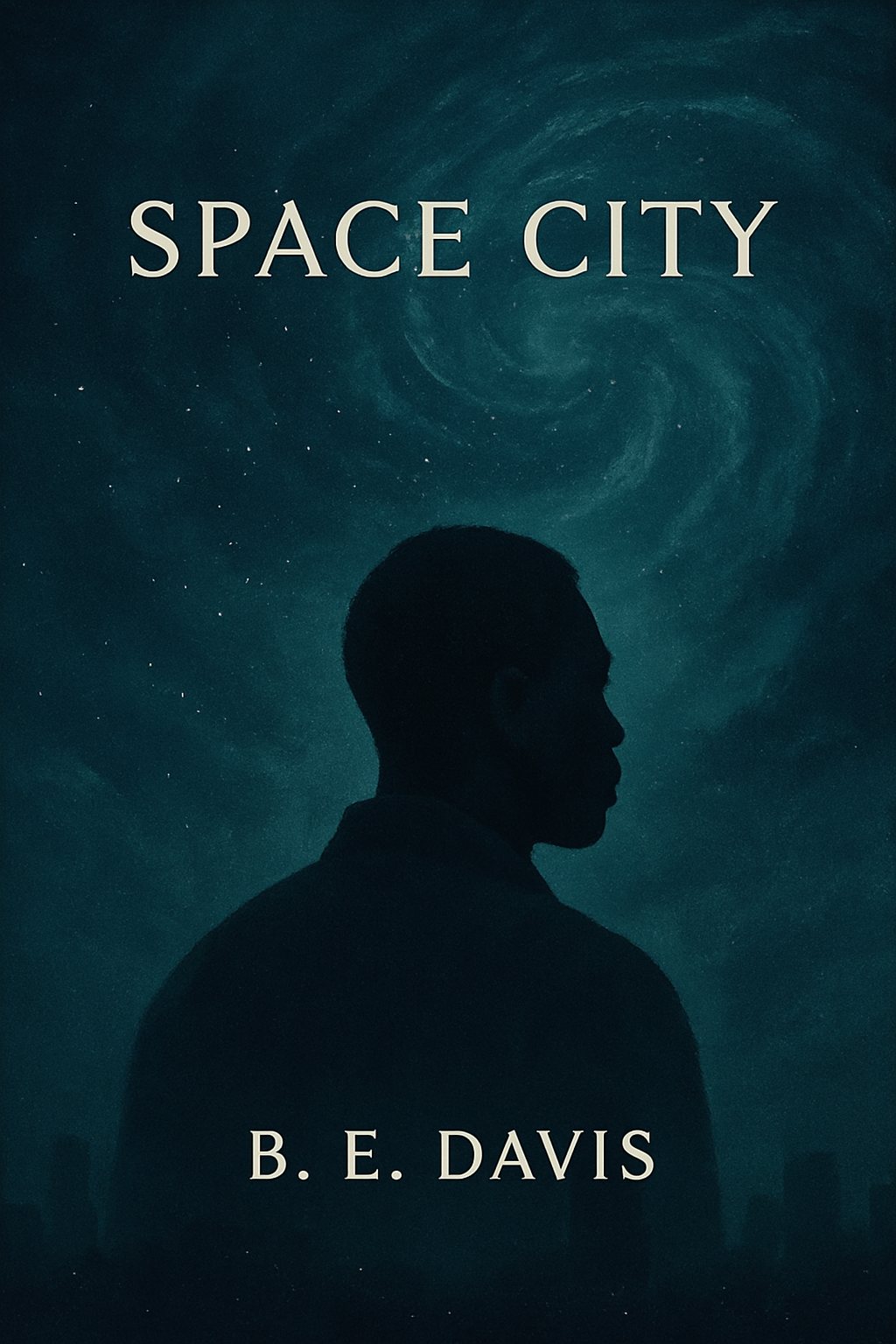THE STAGE 32 LOGLINES
Post your loglines. Get and give feedback.

SPACE CITY - (SHORT)
By B. E. Davis
Trapped by a raging hurricane in his Houston apartment, a disillusioned teacher unboxes his late father’s NASA relics and rebuilds an unfinished rocket, confronting grief and finding a renewed mission for his life.
SYNOPSIS:
Malik, a quiet, introspective thirty‑year‑old Black math teacher, takes refuge in his modest Houston apartment as rain begins to lash at the windows. Cardboard boxes clutter his living room, remnants of his late father’s belongings that he has avoided for years. Among them he finds a NASA mission patch and a half‑finished model rocket. With a recorder running, Malik speaks softly about growing up in Houston – the pride of knowing “Houston” was the first word spoken from the Moon and the dread of hurricane season. His father, an engineer who never made it to mission control, filled their home with stories of space. Malik now feels he has fallen short of his father’s expectations, and this sense of failure haunts him. As the storm escalates, Malik makes a simple meal and leaves his mother a voicemail assuring her he is safe. He confesses to the recorder that the boxes are from his father’s estate. He recalls childhood trips down to the Johnson Space Center in Clear Lake and his father pointing out mission control like a sacred place.
Rain intensifies; he returns to the living room and pins the NASA patch to his shirt. In candlelight, Malik discusses the famous misquote “Houston, we have a problem,” explaining that astronaut Jack Swigert actually said “Okay, Houston. I believe we’ve had a problem here,” a nuance lost on most people. The misquote bothers him because it simplifies history. His father admired the calm of the real statement and adopted it as a philosophy. The storm knocks the power out. Alone in the flickering glow, Malik continues to talk, admitting he is thirty and still wrestling with his father’s absence and the feeling that his own life has not launched.
He catalogues the contents of the boxes: Astros programs, NASA brochures, and the wooden rocket his father started. He begins gluing its pieces, working meticulously despite the rising wind. He muses on how his students see “Space City” as just branding and reflects on the disconnect between public perception and personal reality. When rainwater seeps under his front door, Malik springs into action, grabbing towels to stem the flood. He instinctively echoes his father’s calm words, “Okay… we’ve had a problem here.” This line anchors him. A flashback reveals young Malik and his father in a NASA hallway, staring into mission control, his father whispering that it was where “Houston” lives. The memory is warm and full of possibility.
Back in the present, soaked but composed, Malik resumes the rocket, setting objectives aloud: survive the hurricane, finish the model, tell someone that calm is a choice. Dawn arrives slowly. The storm passes, leaving puddles gleaming on the street. Malik carries the completed rocket outside and looks toward the skyline. He sets the model upright in wet grass and listens as children’s laughter floats in the distance. Malik smiles genuinely for the first time and ends his recording by reaffirming the word that ties his personal history to the cosmos: Houston. He realizes that finishing the rocket mirrors healing his own heart.

Rated this logline
Rated this logline
Rated this logline